Reimagining Seattle's Streets: Community-Driven Transformation for Safety and Justice
- JoshHolland
- Oct. 20, 2025
In a powerful evening celebrating community at the Centilia Cultural Center on Beacon Hill, Seattle advocates from South Park, the MLK Jr. Way S Corridor, and Aurora Ave N shared a compelling vision for the future of Seattle’s streets that prioritizes human life over vehicle speed.
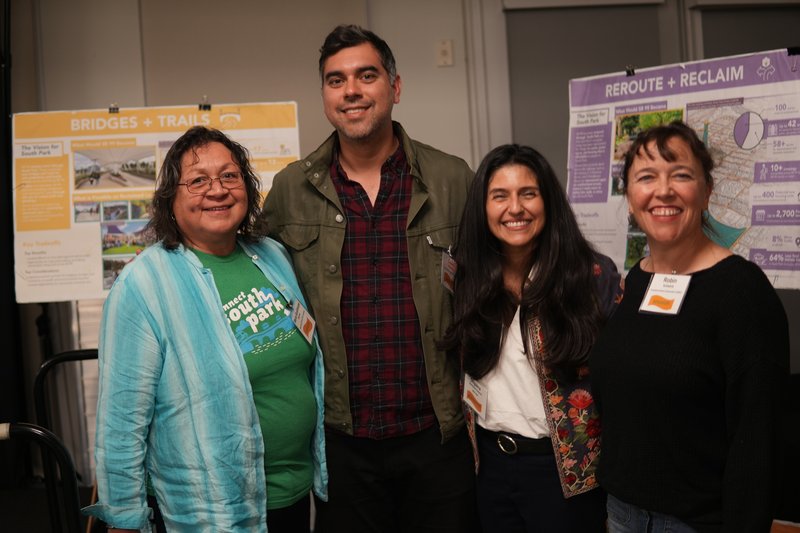
The night began with Dhyana Quintanar Solares’ urgent call to action. Her opening remarks painted a stark picture of Seattle's transportation crisis: since 2015, 280 people have lost their lives on city streets, with six out of ten victims being pedestrians or cyclists. Dyhana emphasized that transformational change is possible, pointing to cities like Helsinki and Jersey City that have achieved zero traffic deaths in less than five years.

In South Park, the Duwamish River Community Coalition iss fighting for environmental justice and street safety. Robin Schwartz represents an organization that tackles racial, social, and environmental justice in communities impacted by industrial zones. Her focus has been on the dangerous intersection of 14th and Henderson, a critical crossing point for local school children. Recent tragedies have underscored the urgent need for safety improvements, with Robin emphasizing their goal of authentic community engagement and listening to the most impacted residents first.
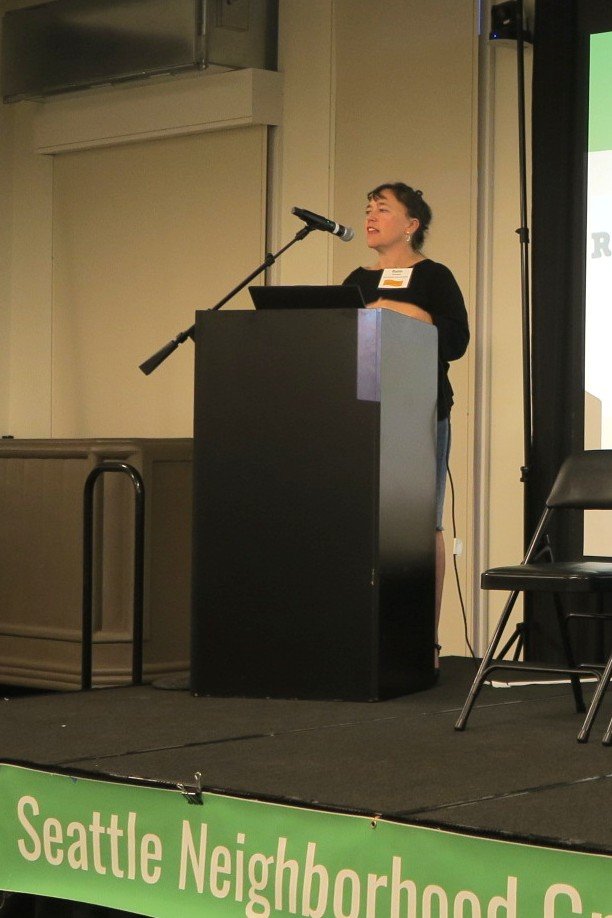
Alongside Robin, Maria Ramirez's Reconnect South Park project reimagines Highway 99, which currently divides a residential neighborhood and exposes residents to dangerous pollution levels. Their work isn't just about redesigning a road—it's about reclaiming community space and protecting residents' health and mobility.
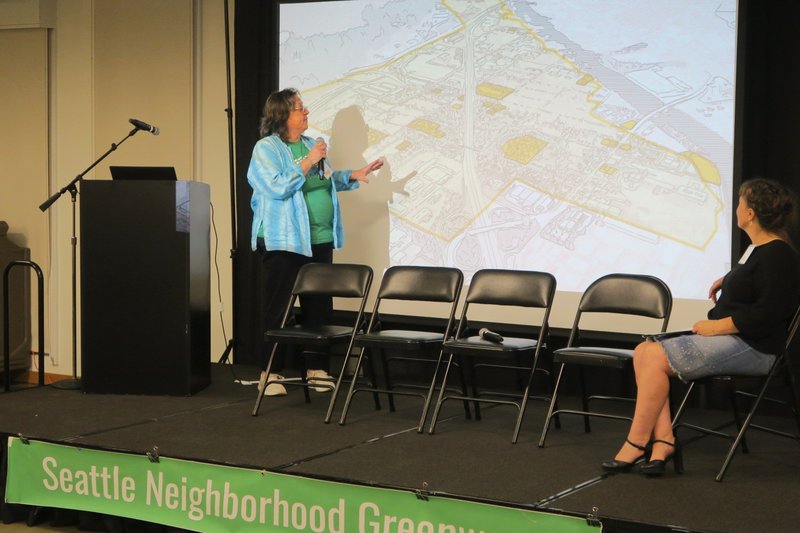
The MLK Transportation Justice Team, led by Ayan Musse, brought a powerful intergenerational approach to street safety. Young activists shared personal stories of navigating dangerous streets, while elder organizers provided strategic guidance. Their model of youth leadership demonstrates how community engagement can transform transportation planning from a top-down process to a collaborative movement.
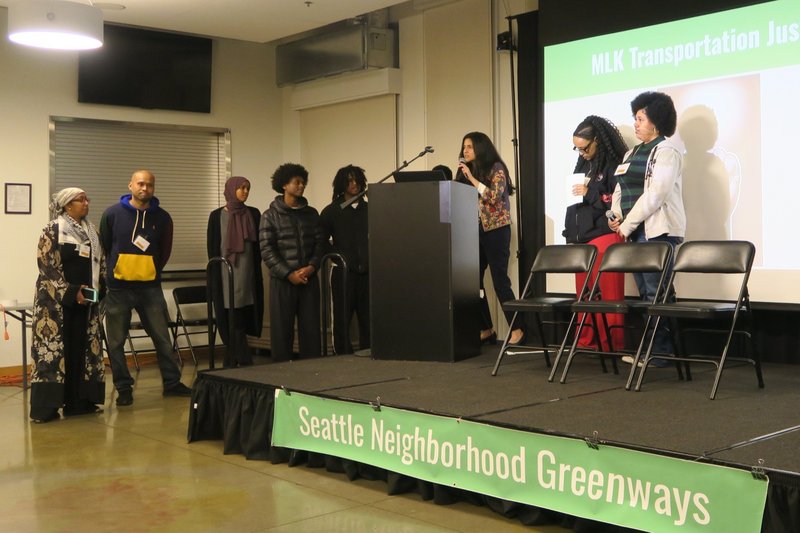
Carlo from the Aurora Reimagined Coalition highlighted the corridor's critical challenges: 40% of Aurora lacks sidewalks, and the street sees an average of one fatality every three months. His coalition is pushing for a fundamental redesign that prioritizes pedestrian safety and community needs over high-speed car traffic.
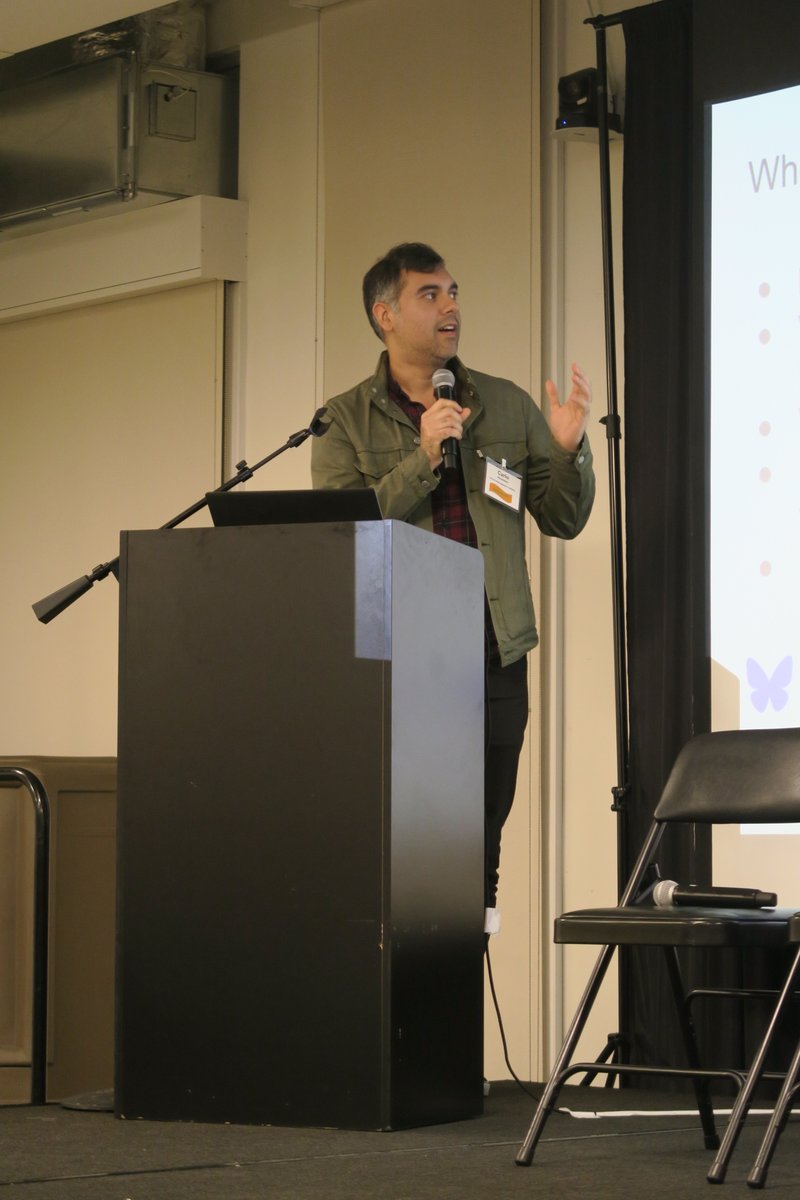
What emerged was a clear message: street design is about more than infrastructure—it's about dignity, justice, and human life. These community leaders are not just asking for changes; they're creating a blueprint for a more equitable urban future.
Key Takeaways:
- Transportation safety is a critical social justice issue
- Community-led design produces more effective, humane solutions
- Small, strategic interventions can create significant change
Connect with the groups above or get involved in your neighborhood today and demand safer streets. Everyone in Seattle deserves to get home safely, regardless of whether they’re walking, biking, rolling, or driving.
Missed out on the Community Crossroads? You can rewatch all of the presentations on YouTube.